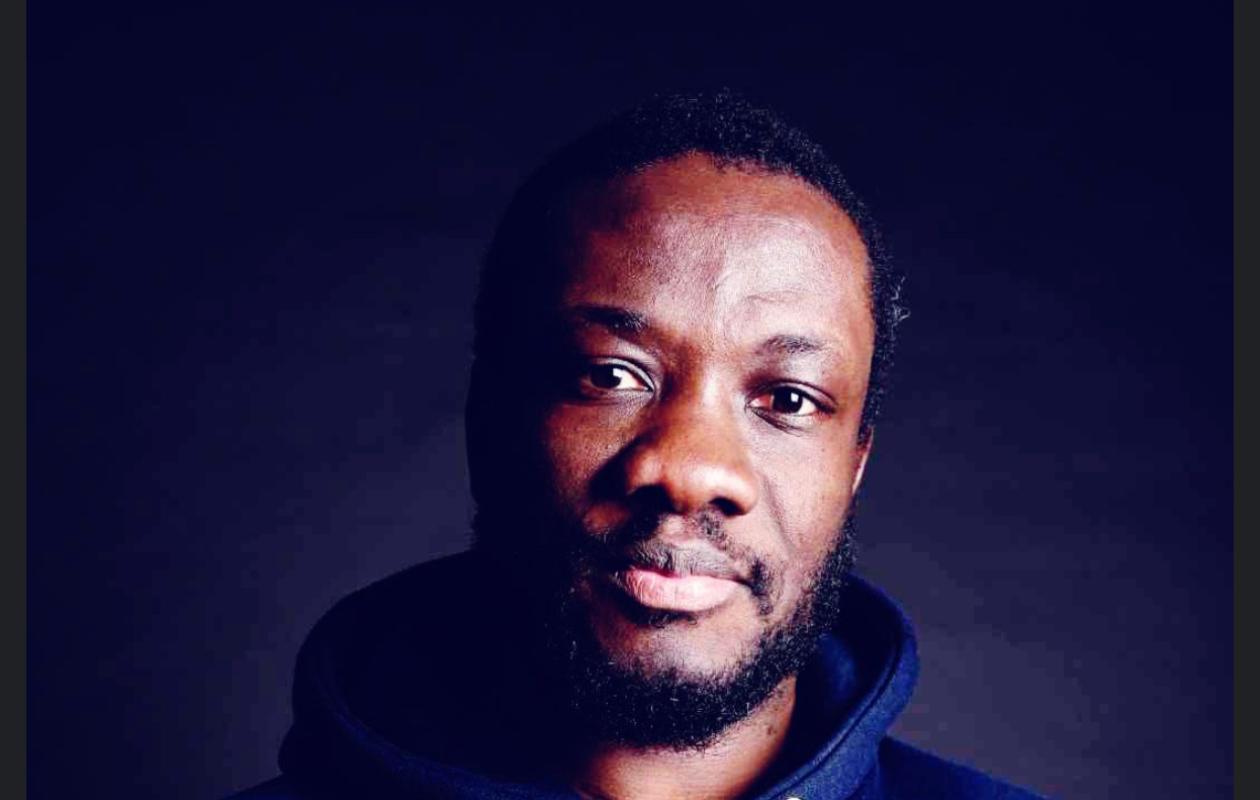
« Réinventer la lecture à l’ère du jeu ». Entretien avec Maby Mansour Ndoye sur la bibliothèque numérique gamifiée de l’UGB
Saint-Louis, Senegal. In April 2025, during the Senegal Libraries and Archives Week, Gaston Berger University presented an innovative project: an interconnected and gamified digital library. Conceived by Maby Mansour NDOYE, a computer scientist, data analyst, and transmedia architect, this initiative rethinks access to knowledge by integrating a playful dimension. Just like democratizing reading, the goal is to stimulate academic engagement while paving the way for a collaborative network of libraries across Africa. When asked about this, he spoke to Seneweb about the initiative.
Can you tell us about the genesis of the Interconnected and Gamified Digital Library?
This project was born from a strategic reflection carried out with the UGB Central University Library, in particular with Ms. Faye, head of the Acquisitions department. Together, we noted that, despite their essential role, university libraries suffered from constraints related to accessibility, resource sharing, and user engagement.
I would like to thank the entire BU team, represented by its director, Mr. Abdoulaye Gueye, for their openness and collaboration. My ambition, as head of F&M Corporate, was both to offer a digital solution capable of facilitating and democratizing access to documentary resources thanks to a modern, interconnected platform available everywhere, and to ensure strong engagement of the academic public by integrating a unique playful dimension.
My experience in transmedia architecture led me to imagine a hybrid approach, combining digital technology to remove barriers to access to knowledge and gamification to encourage interaction and content appropriation. This vision allows us to benefit from a dual effect: access and sharing facilitated by digital technology on the one hand, and regular use reinforced by gamification on the other. This positioning is still rare, even at the international level. We are also working with Endromede Digital, a major IT player in Europe and Belgium, recognized for more than twenty years of experience in platform development, notably those used by the European Parliament.
What does the “gamified” dimension actually bring compared to traditional digital libraries?
Gamification radically changes the user experience. In a traditional digital library, accessing resources remains a rather passive activity: you browse, read, and download. With our approach, the user is invited to interact, actively participate, and set goals.
Every action, such as consulting books, participating in research, or sharing resources, is valued. Users can earn symbolic rewards, such as badges or trophies, when they achieve certain goals, such as reading a certain number of books or contributing to a collective bibliography. A constantly updated ranking encourages healthy competition among students, while thematic challenges encourage the exploration of new disciplines or the enrichment of collections.
Each reader also has a personalized dashboard that allows them to track their progress, successes, and goals achieved. This tool not only motivates students; it becomes a true educational tool. Teachers can observe their students' reading activity, recognize the most diligent, and, in the context of dissertations and theses, use this history as an indicator during deliberations. This transforms learning into a stimulating, rewarding, and collaborative experience.
What are your medium and long-term ambitions for this project?
In the medium term, our goal is to make the UGB's Interconnected and Gamified Digital Library a national benchmark in terms of access to knowledge and educational innovation. The university is acting as a pilot project, and its success will pave the way for deployment in all public universities in Senegal, and then in private institutions.
In the longer term, we are considering expanding to Africa. The idea is to adapt the model to the linguistic, cultural, and pedagogical realities of each country. Thanks to open APIs integrated from the outset, each university will be able to maintain its identity while pooling its resources and innovations.
We also have a transmedia and inclusive approach: beyond the web platform, we develop mobile applications that can be used offline, audiovisual content, podcasts, and interactive modules. In this way, we aim to reach a wider audience, including those outside of academia. In short, our ambition is to reinvent access to knowledge in Africa to make it more open, more interactive, and more engaging.
Since the launch, what concrete impact have you seen?
The library is technically and financially ready, thanks to the studies and prototypes already completed. We are now waiting for the Senegalese government to take the project to an institutional level before we can begin fundraising.
The initial feedback has been very encouraging. During the demonstrations held in April 2025 at UGB, the fun aspect was particularly striking. Students are already imagining using the dashboards to track their progress and compare themselves, while teachers see them as a concrete tool for motivating and supervising their classes. The ability to view reading history, particularly for dissertations and theses, is seen as an asset for objective assessments.
On the institutional level, this project introduces a new logic of interconnection and pooling of documentary resources. The planned open APIs will allow university libraries to share their collections more easily, thus reducing inequalities in access to information.
This dual scope, technical and human, reinforces our belief that the Interconnected and Gamified Digital Library is destined to become a pillar in the development of higher education on the African continent.
Commentaires (0)
Participer à la Discussion